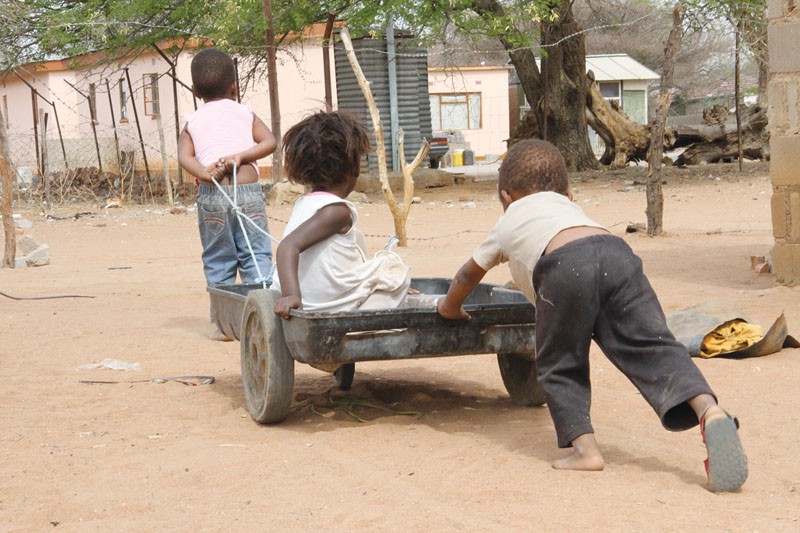Africa meets against child marriage
Baboki Kayawe | Wednesday November 25, 2015 16:20


The regional body has described the situation as multifaceted, which goes beyond just human rights violation to a spectrum of social issues such as gender-based violence and health complications, hence an urgent need to join forces against it.
The meeting will attract AU member states, ministers whose portfolios cover social development and children’s affairs, finance ministers, religious and community leaders.
Director of the AU Commission’s social affairs, Olawale Maiyegun, said in a statement that despite most African countries setting the legal age for marriage at 18 years, laws are rarely enforced as the practice of marrying young children is upheld by tradition and social norms.
“Child marriage is deeply rooted in gender inequality (gender based violence and gender discrimination), poverty, tradition and culture.
The practice is most common in rural areas, where prospects for girls can be limited,” said Maiyegun.
Though the largest numbers of child brides are concentrated in Africa, the situation is worse in the following countries Niger (75 percent); Chad (68 percent); Central African Republic (68 percent); Guinea (63 percent); Mozambique (56 percent); Mali (55 percent); Burkina Faso (52 percent); South Sudan (52 percent); Malawi (50 percent); Madagascar (48 percent); Eritrea (47 percent); Somalia (45 percent); Sierra Leone (44 percent); Zambia (42 percent) and Ethiopia (41 percent).
According to Maiyegun, the proportion of child brides has generally decreased over the last 30 years; in some regions child marriage remains common, even among the youngest generations, particularly in rural areas and among the poorest. Among young women worldwide aged 20-24, about one in three, or 70 million, were married as children and around one in nine (or 23 million) entered into marriage before age 15.
Though Botswana is not among the leading cases in the continent, child marriage is reported to be rampant among the Zezuru, Basarwa, and parts of the Kgalagadi communities and in north western Botswana.
This was revealed by a child protection specialist with the United Nations Children’s Fund (UNICEF), Ben Semommung at an occasion to mark The Day of the African Child this year.
The day was commemorated under the theme, ‘25 Years After The Adoption Of The African Children’s Charter: Accelerating Our Collective Efforts To End Child Marriage In Africa’.
However, owing to statistical challenges, he could not provide figures on the extent of the prevalence among the above-mentioned communities.
Semommung said the fact that arranged marriages were still prevalent in the North West would explain why the district is the most afflicted by child marriages.
This is against the revelation of the Population and Housing Report 2011, which places child marriage incidents at one percent in the country.
“Despite the low incidents of child marriages in the country, we have serious problems in the North West region and the other most impoverished districts,” Semommung said. “There is a need to raise awareness in these areas.”
The AU sees this as a stiff sentence to the yolks of poverty though marrying girls before they become of age is viewed as a way of combating poverty.
“Girls and women have the right to live free from violence and discrimination and achieve their potential but are prevented due to being forced into child marriage and this harmful practice has devastating effects on the girl-child and the society, one of the leading causes of maternal mortality and morbidity for girls age 15 to 19 is pregnancy and childbirth,” says Maiyegun.
